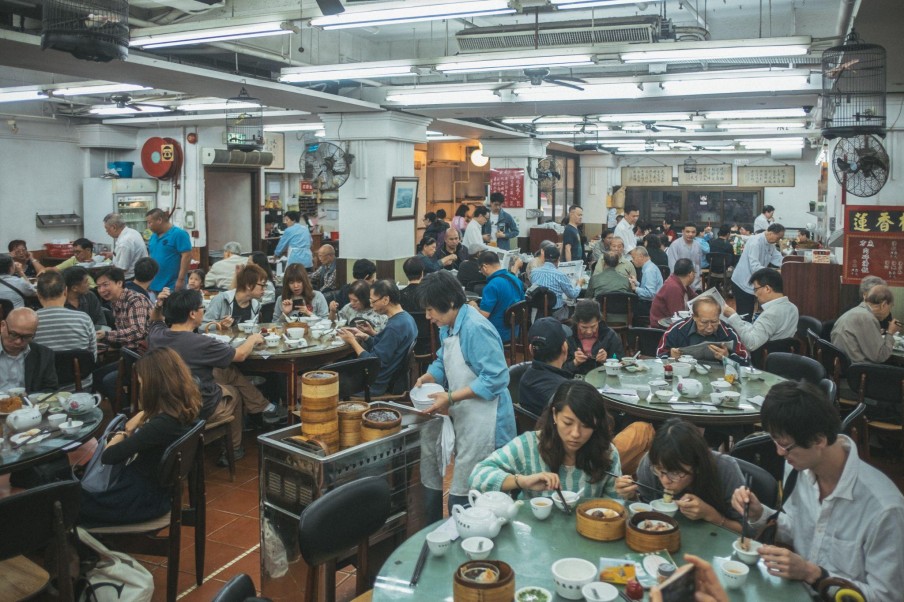What It Really Means to Foster a Child in Singapore
Fostering in Singapore is about creating a safe and supportive environment for children who cannot live with their birth families due to various circumstances. These children may have experienced trauma, neglect, or sudden disruptions in their lives. Foster families step in to offer stability and care during a transitional period. This role involves more than providing shelter, it means creating a space where a child can regain a sense of trust and security.
Understanding the Role of Foster Parents
Foster parents act as temporary guardians, supporting a child’s emotional, educational, and physical needs while working within guidelines set by Singapore’s social services. The goal is to maintain a stable daily routine that nurtures the child’s well-being while respecting their history and background. Foster families receive training and resources to prepare for challenges, including behavioural management, communication, and emotional support. Patience, empathy, and structure are essential traits in providing consistent caregiving.
The Screening and Approval Process
Becoming a foster parent in Singapore involves a structured application process. This includes interviews, home assessments, background checks, and training sessions to ensure suitability. Family service centres in Singapore support this process by offering pre-service training, post-placement support, and regular supervision. The screening aims to match children with families capable of meeting their unique needs. It also prepares foster carers for the practical and emotional realities of their role.
Navigating Emotional Attachment and Boundaries
One of the most challenging aspects of fostering is forming emotional bonds while understanding that the arrangement may be temporary. Foster children may eventually return to their birth families or move to permanent adoption. Managing this balance requires emotional resilience and a clear understanding of the fostering objective. The ability to care deeply while supporting long-term reintegration goals is a key part of the responsibility.
Working with Family Service Centres
Family service centres in Singapore play a vital role in every stage of the fostering process. They offer professional guidance, counselling, and round-the-clock support. These centres act as intermediaries between the foster family, the child’s biological family, and government agencies. Regular reviews and visits ensure that the foster environment remains safe and responsive to the child’s needs. This structure gives foster parents reassurance and access to help when needed.
Learn More: Understanding Family Therapy: Why It Is Important
Supporting Education and Development
Foster parents take on the responsibility of ensuring the child’s academic and developmental progress continues smoothly. This includes working with schools, attending parent-teacher meetings, and creating a supportive home environment conducive to learning. In many cases, the child may need extra educational or emotional support due to past disruptions. A stable household and consistent guidance can help close gaps and rebuild confidence.
Bridging Cultural and Social Gaps
Singapore’s diverse population means children in foster care may come from different ethnic, linguistic, or religious backgrounds. Foster parents must be sensitive to these differences and accommodate them respectfully. This includes dietary preferences, cultural practices, and religious observances. Encouraging the child to maintain their identity while integrating into a new home is an important part of successful fostering.
Creating Lasting Impact Beyond Care
Fostering in Singapore is more than a social service, it is a personal commitment that touches lives. Foster parents offer vulnerable children the chance to experience care, consistency, and a sense of belonging. Even after reintegration or adoption, the experience shapes how children view themselves and others. For foster families, the journey provides perspective, empathy, and a stronger connection to the community.
Preparing for Challenges in Behaviour and Adjustment
Children in foster care may exhibit behavioural issues as a result of past trauma or instability. These behaviours could include withdrawal, aggression, or anxiety. Foster parents are trained to manage these reactions with empathy and consistency. With time and the right support from family service centres, children typically respond positively to structure, attention, and care. Recognising that change takes time is essential for setting realistic expectations.
Encouraging Reintegration When Possible
Fostering is rarely permanent. The long-term aim is reintegration with birth families whenever circumstances allow. Foster parents support this transition by preparing the child emotionally and maintaining a respectful stance toward the biological family. While this can be a difficult moment, knowing that a stable foundation was provided during a critical time can be deeply rewarding. Being part of a child’s journey, even temporarily, has a lasting impact.
For more information about family service centres, contact PPIS today.




